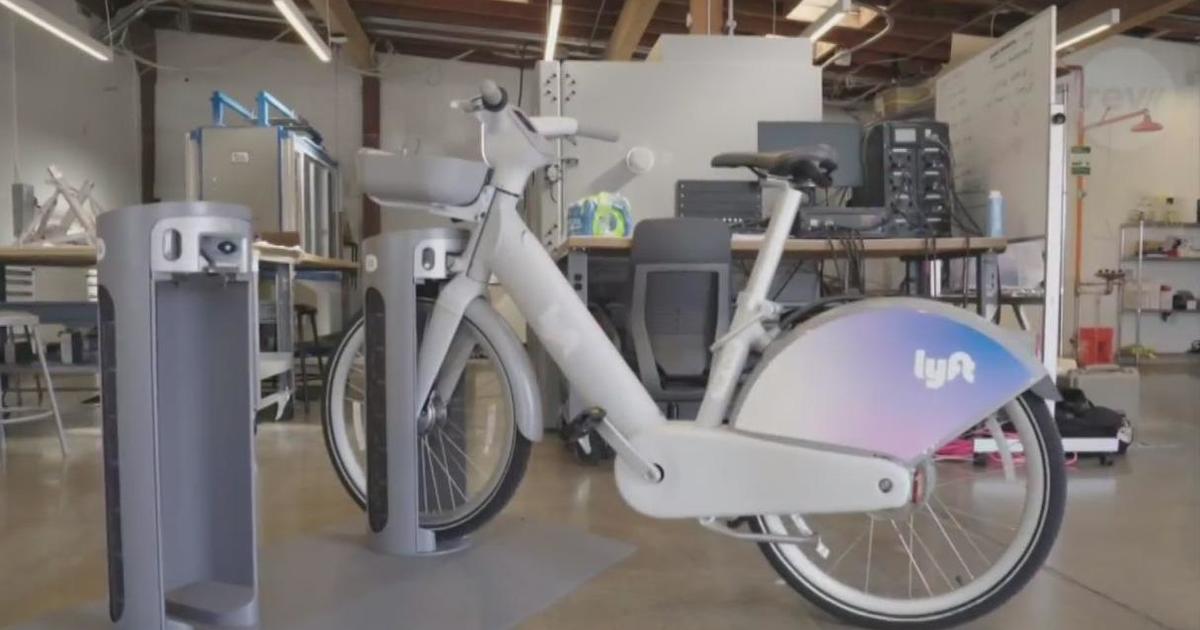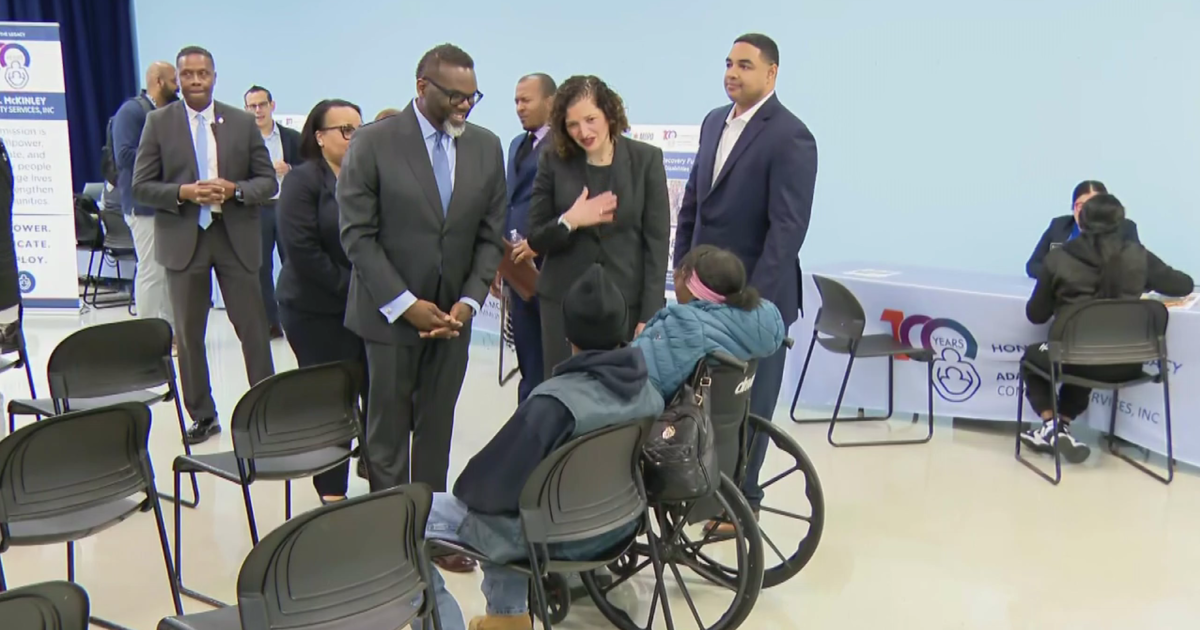Aldermen Seek To Ban Styrofoam Containers, Single-Use Plastic Utensils At Chicago Restaurants
by Todd Feurer, CBS Chicago web producer
CHICAGO (CBS) -- Four aldermen have introduced a proposal to ban Chicago restaurants from serving food in styrofoam containers, and to significantly reduce the number of single-use plastics provided by food establishments in the city.
Ald. Scott Waguespack (32nd), Ald. Susan Sadlowski Garza (10th), Ald. George Cardenas (12th), and Ald. Matthew Martin (47th) have co-sponsored an ordinance aimed at getting restaurants to provide more utensils, straws, and other foodware that are either recyclable or compostable.
Starting in 2021, food establishments would not be allowed to sell or serve food in polystyrene or styrofoam containers.
Those businesses also would only be allowed to provide disposable foodware like forks and straws, but only if customers request them, and they could not be wrapped in plastic.
Restaurants and other food establishments also would be "encouraged" to provide condiments in large dispensers, rather than in individual disposable packets.
"We would essentially be working to completely reduce the use of single-use plastics like stirrers, plastic straws in restaurants; things that we go to the restaurant, use once, and throw away," Waguespack said.
Customers would be allowed to bring reusable cups into eateries, but businesses could refuse to serve beverages if those cups are damaged, dirty, or not the appropriate size or material.
Also starting Jan. 1, food establishments would have to serve food only on reusable plates, bowls, and the like; although exceptions would be made for items like straws, napkins, and foil wrappers, as long as they are recyclable or compostable.
Waguespack said single-serve plastic foodware ends up in landfills, as litter, or polluting waterways, and does not break down. He said other cities have enacted similar bans, and restaurants have found that using compostable or biodegradable straws, utensils, and other items is just as affordable, or sometimes even cheaper than plastics and styrofoam.
The alderman said it's not just a matter of protecting the environment, but reducing costs for government.
"There's a lot of other countries and a lot of other cities that realize the negative economic impact that single-use plastics have on our budgets; our city budget, where we're spending tens of millions on recycling. We're cleaning up rivers that are full of straws and plastics," he said.
Waguespack said many cities and businesses already are working on coming up with alternatives to single-use plastics.
"Starbucks is working toward using more eco-friendly materials. There's a lot of things out there that are based on soy products, sugar-based products to mix your coffee, or even forks and spoons, things like that," he said.
If the ordinance were approved, the city would provide a list of suppliers that offer disposable foodware that meets the city's requirements.
"I think it's pretty easy. I mean, there are so many businesses out there, startups that are doing this kind of stuff. It's pretty amazing," Waguespack said. "Some are sugar-based, soy-based, bamboo-based; so you're looking at a lot of different products that startup companies are actually putting out there."
Restaurants and food establishments could apply for waivers for up to a year if the city determines no suitable and affordable alternative disposable foodware is available.
Businesses that don't have on-site dishwashing capacity would be able to get full or partial waivers.
Illinois Restaurant Association president and CEO Sam Toia sounded a cautionary note about the proposal.
"The IRA supports restaurants' efforts to voluntarily decrease their environmental footprint in ways that work best for their brands and customers. However, restaurants also face massive legislative and regulatory burdens - such as a higher minimum wage, paid sick leave, and Fair Workweek rules - that result in average profit margins that are already pennies on the dollar. Any proposed regulations on plastics need to consider the additional financial hardships that will be placed on operators and implications for safety and sanitation, customer requests, drive-through areas, medical necessity of plastic food-ware and other considerations. We look forward to being a part of this important conversation," Toia said in a statement.



